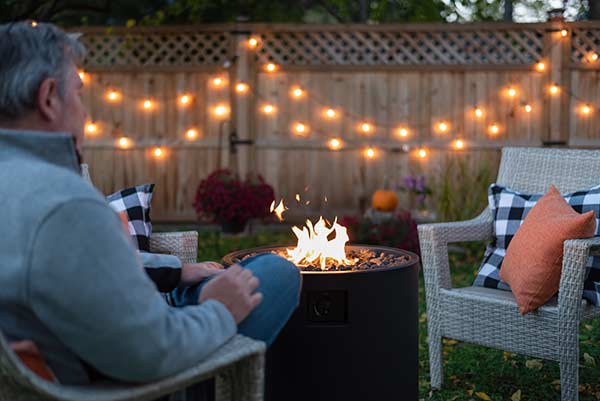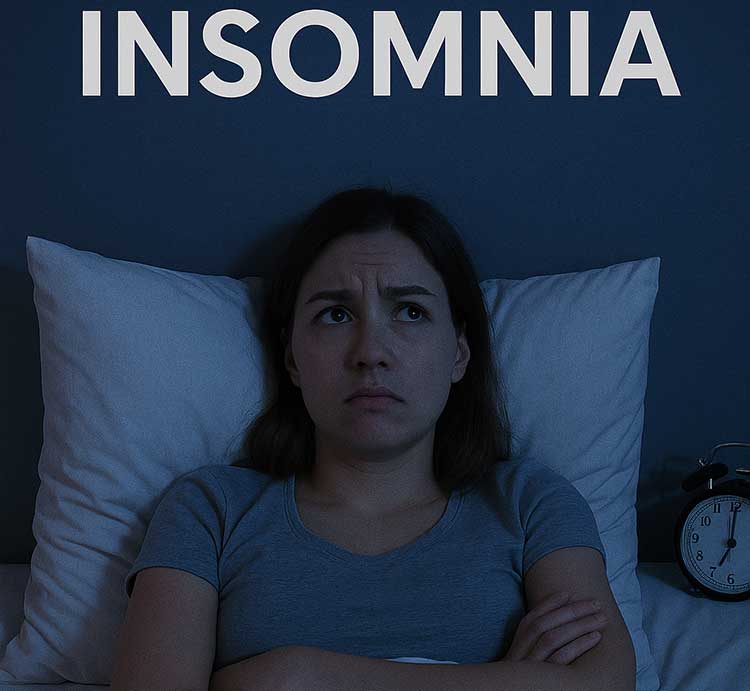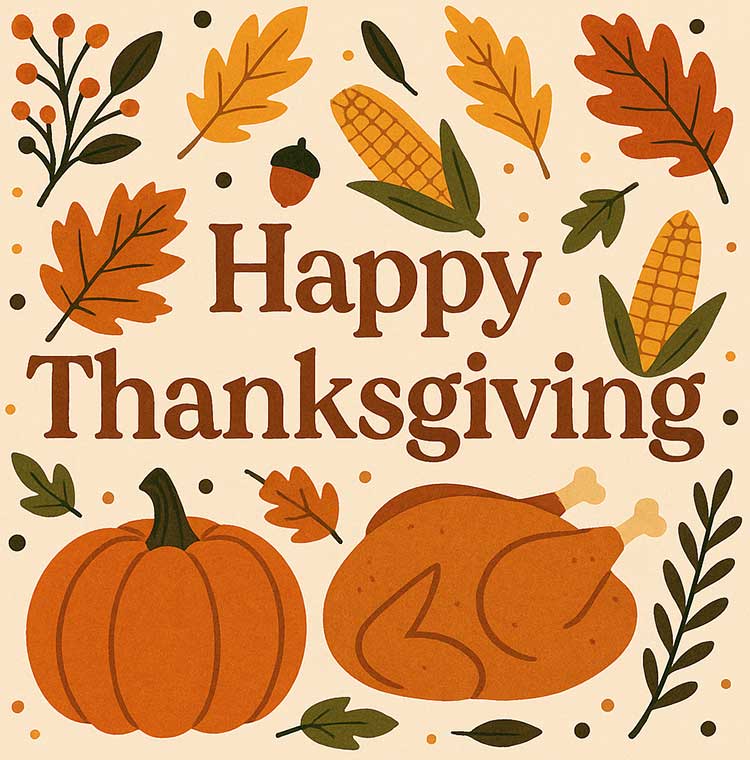How Cold Weather Affects Pain
Dr. Tatyana's Health and Wellness Blog
Treating the whole person to restore optimal health. Check back often for up-to-date news and information about acupunture and Chinese medicine.
Most Recent Posts ...
Posted on: 12/22/2025
Posted on: 12/8/2025
Posted on: 11/24/2025
Posted on: 11/10/2025
Search All Blog Posts
Blog Post Archive Categories
- Top 5 Ways to Stay Healthy This Winter and Avoid the Flu
- Happy Thanksgiving: A Season of Gratitude, Healing & Reflection
- Salt Room Therapy: Your Sanctuary for Breathing, Healing & Deep Relaxation
- Acupuncture for Insomnia & Anxiety: Restoring the Calm Within
- Quieting the Storm: How Acupuncture and Neurofeedback Can Help Functioning Alcoholics Break Free
- How Acupuncture Can Help Restore Menstrual Health in Amenorrhea
- Chronic Fatigue and Chronic Inflammation: A Holistic Look Through Western and Eastern
- The Hidden Dangers of Overusing Supplements: Are You Taking More Than You Should?
- The Importance of Exercise and How to Stay Motivated for a Healthier You
How Cold Weather Affects Pain
 Almost everybody has heard one of their relatives complain about how painful their joints become when the weather changes, especially as it gets cold or rainy - but is there any validity to this claim? The short answer is both yes and no. There is some truth to this, but it might not be what you think.
Almost everybody has heard one of their relatives complain about how painful their joints become when the weather changes, especially as it gets cold or rainy - but is there any validity to this claim? The short answer is both yes and no. There is some truth to this, but it might not be what you think.
Chinese Medicine understands that there is a deep connection and relationship between how our immediate environment affects the mind and body. For example, you may have already realized that your pain is worse when it rains, your emotions shift during certain times of the year; both of which are important diagnostic clues.
As an acupuncturist it is my responsibility to take into consideration ALL aspects that can affect your emotional and physical health, with the understanding that sometimes the weather greatly affects your symptoms.
When pain becomes worse, or you become depressed, we look beyond your symptoms and conventional diagnosis to treat the root cause(s) of your problems. The nature of your symptoms as well as what is happening in your environment, give us key information about how best to help you.
For instance, if you become more achy when the weather gets cold, your symptoms would be classified as “cold”, and possibly “damp”, too. Adversely, if your symptoms become worse in the heat, or if your joints feel “hot”, that would be considered a condition that is affected by a hot environment.
ARTHRITIS AND ACHY JOINTS
Achy joints, arthritis flare ups and intense migraines are just some of the ways people can predict the weather is changing. And while it may seem far-fetched, there is something going on there. Scientists have studied this, but even they can’t agree. There are, however, several theories why weather affects pain. The most common theory is air pressure, or barometric pressure, is what is affecting pain levels. From a Traditional Chinese Medicine (TCM) perspective, your body is made up of many kinds of Qi (pronounced “chee”), or energy. These different types of Qi have specific physiological functions in the body. According to TCM theory, arthritis occurs when the flow of energy and fluids become blocked or stagnant. This type of holistic diagnostic reasoning is a powerful example of how TCM treatments become customized for each patient and their specific needs.
DEPRESSION
Another theory is more psychological. It is well documented weather can affect a person’s mood. When a person feels gloomy or depressed, their perception of pain can be increased. This happens frequently in areas where winters are long and cold. It even has a name, SAD or Seasonal Affective Disorder.
An acupressure point to aid in depressive symptoms is GV 20. This point is located on the top of the head, midway between the apexes of your ears is known as governing vessel 20 (GV 20). GV 20 is one of the most powerful points in the acupuncturist’s arsenal. It raises emotional energy, which in turn can help alleviate depression. Applying pressure or lightly tapping this point is a great way to counter depression on your own and can be done when you’re feeling the first signs of depression.
One thing for certain is that our bodies adjust to our environment. A recent study looked at people in four cities, Nashville, San Diego and two cities in Massachusetts. The findings were conclusive no matter where the person lived, they experienced changes in their pain when the weather changed. They found that an individual’s pain worsened when the barometric pressure fell, which occurs right before a storm or drastic weather changes.
The weather affects our bodies in other ways too. High levels of humidity can thicken the blood over time. This can increase the pressure in the blood vessels and the heart. This causes the heart to work harder to pump the blood throughout the body and may ultimately lead to a stroke or a heart attack. Those living in high humidity climates also have to worry about excessive sweating that can lead to dehydration. When the body is dehydrated, the joints ache more. This is why drinking water is so important, not just in high humidity areas, but everywhere.
Regardless of the cause, acupuncture and Traditional Chinese Medicine can be very helpful in the treatment of aches and pains. No matter where you live, Traditional Chinese Medicine can help. Call our office 425-785-1817 for help.




